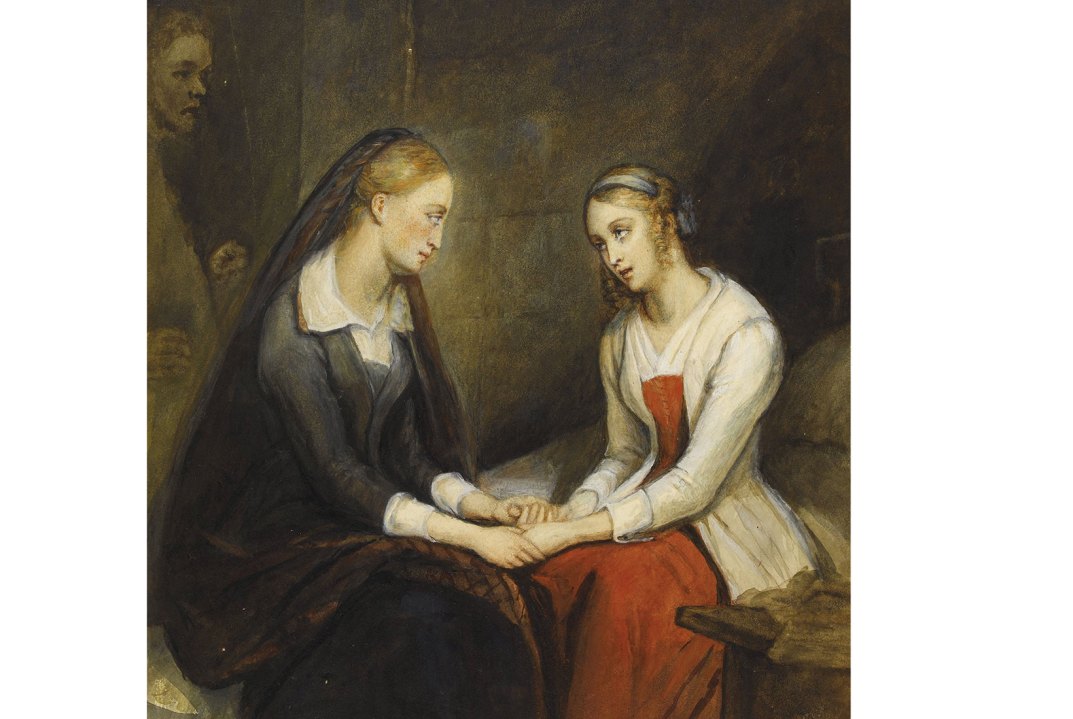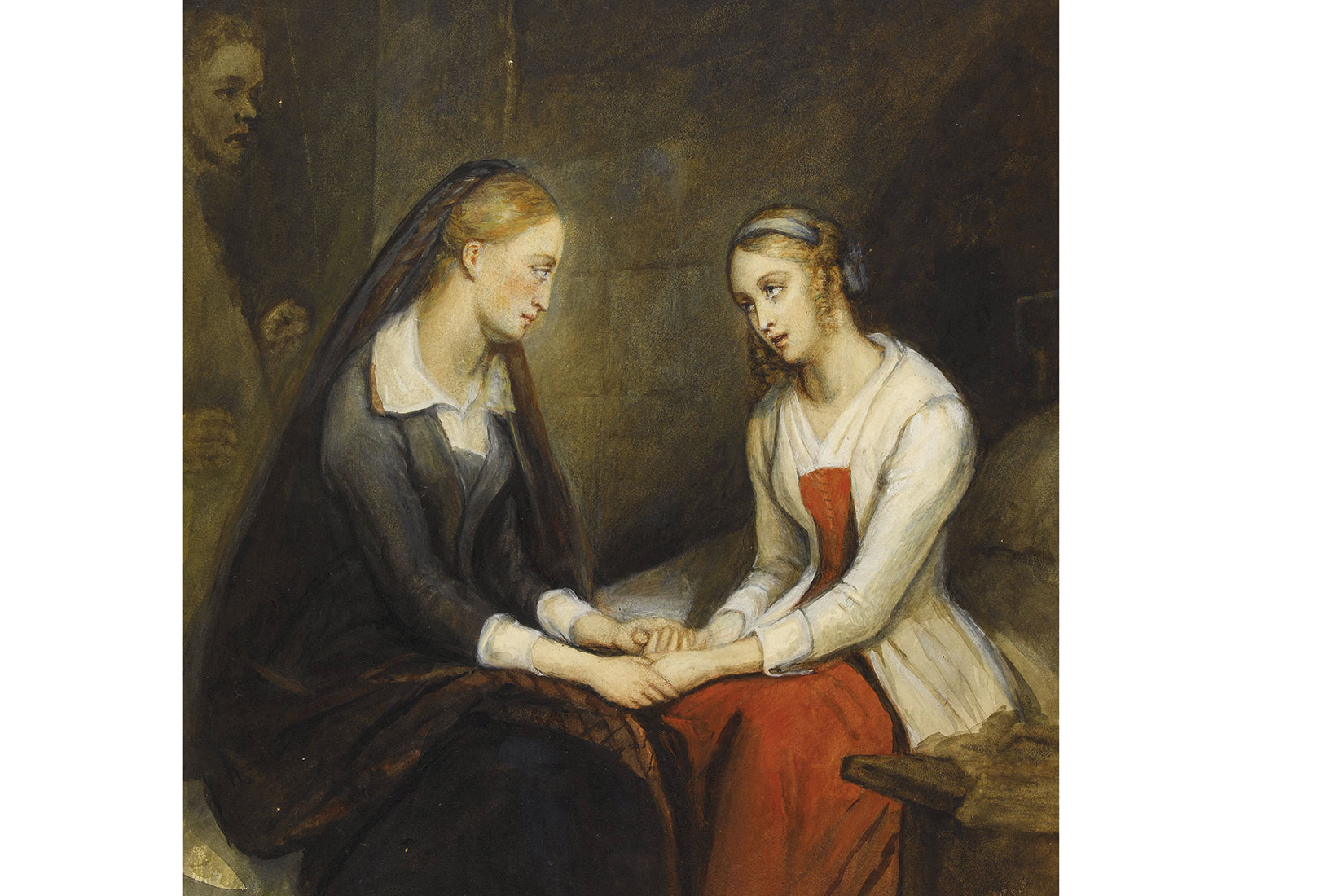It’s the perfect opportunity to crack open those classics of 19th-century fiction you’ve always been meaning to read, and I am here to offer some recommendations. But there’s an immediate problem. Do I gesture towards the blindingly obvious? Or do I recommend a variety of obscure and arcane titles? The former strategy is liable only to insult your intelligence — of course you already know Jane Austen and Charles Dickens are worth reading — whereas the latter runs the risk of merely putting you off and making me seem pretentious. There is, though, a third way. What did the Victorians themselves reckon were the great authors of their age?
The answer, above all others, is Sir Walter Scott. I know nobody now reads him, but in the 19th century everybody did. It really is hard to overstate how popular he was. Henry Crabb Robinson, a friend of the great literary figures of his day, was, whatever else he was reading, always reading Scott — when he finished the last of the Waverley novels he would immediately start again with the first. Scott was the first international superstar of letters: the story goes that the Russian ambassador to London once asked whether Scotland had been named in his honour. That is why secondhand bookshops up and down the land carry complete sets of Waverley, a fact that indicates both his former ubiquity and the difficulty booksellers have nowadays in shifting him. I’m not sure I can think of another writer whose posthumous reputation has taken so precipitous a dive.
Instead of impatiently yearning for things to hurry up, you need to sink into the prose as into a warm bath
The reason people don’t read Scott anymore is that they think he’s prolix. They are right. There’s no getting around the fact: he’s a deeply prosy, long-winded writer.








Comments
Join the debate for just £1 a month
Be part of the conversation with other Spectator readers by getting your first three months for £3.
UNLOCK ACCESS Just £1 a monthAlready a subscriber? Log in